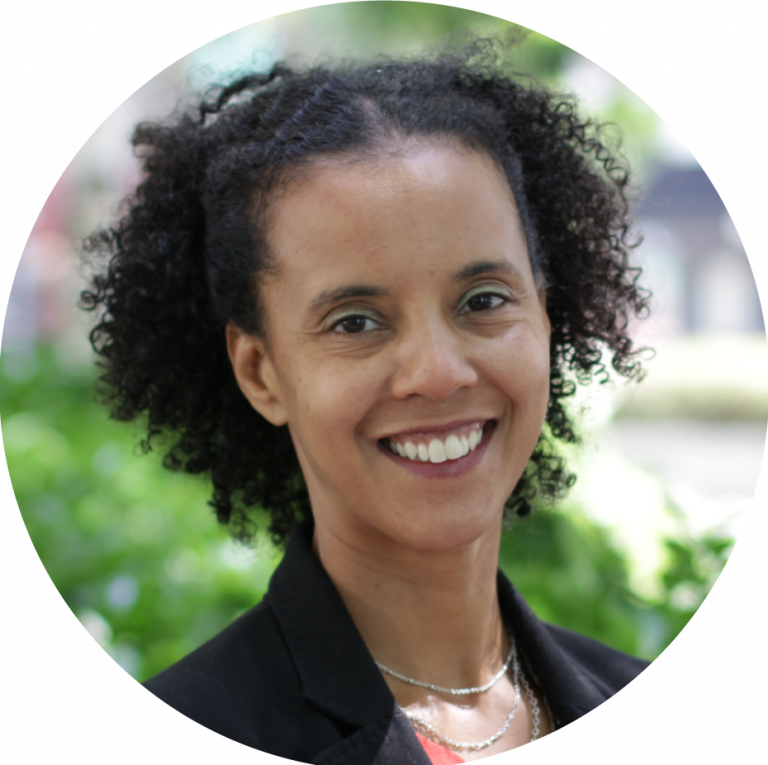The Disability Rights and Social Justice Clinic (DRSJC) facilitates access to justice through direct legal representation, advocacy projects, and community outreach and education with the mission of supporting and advocating for our clients as they navigate and challenge systems that seek to exclude, oppress, dehumanize, and disenfranchise.
In their work in DRSJC, students are challenged to think critically about social justice advocacy and engage in the examination of legal doctrine and its shortcomings, including and especially ethical issues around competence and capacity. The DRSJC seminar has three main goals to prepare students in developing and strengthening their advocacy skills. First, the Clinic covers substantive law and policy, both to give you a general foundation for your case and policy work in the clinic and later to explore certain topics in further depth. Second, the DRSJC addresses practice skills such as client interviewing, fact investigation, client-centered advocacy, cross-cultural lawyering, legal writing, and lawyering in the digital age. Finally, the seminar will serve as a forum to discuss practical, legal and ethical concerns that arise in your cases and policy work throughout the semester.
Students may represent clients in court and administrative proceedings in a variety of civil legal matters, including securing eligibility for government benefits and services, prisoners’ rights, and discrimination in access to programs and services. Students may work to assist parents and families who are vulnerable to arrest, detention, and removal due to immigration status in protecting their children through advance planning documents. Students may also represent parties as court evaluator or guardian ad litem in adult guardianship cases, represent people who need estate and disability planning with wills, trusts (including supplemental needs trusts) and advance directives (health care proxy, power of attorney).
Guide To Becoming A Guardian Without A Lawyer
Visit Dropbox to read or download Our guide to becoming a guardian without a lawyer under Article 81 of the New York Mental Hygiene Law (note: not a substitute for legal advice from an attorney).
Faculty
-
Director of Disability Rights and Social Justice Clinic, Associate Professor of LawNatalie M. Chin is an Associate Professor of Law and Director of Disability Rights and Social Justice (DRSJ) Clinic. The DRSJ Clinic represents low-income New Yorkers in a range of issues including prisoners’ rights; securing due process protections in areas that include guardianship; alternatives to guardianship; and disability-based discrimination. Prior to joining CUNY’s faculty, Professor Chin was an Assistant Professor of Clinical Law and Faculty Director of the Disability and Civil Rights Clinic at Brooklyn Law School, where she created and developed the first law school clinic that advocates for adults with intellectual and developmental disabilities. During her tenure at BLS, the clinic represented clients in federal, state and administrative proceedings. Students advocated on a range of issues, including the right to maintain sexual autonomy, discrimination in access to health care, deaf discrimination, administrative appeals to the Office for People with Developmental Disabilities, parental rights, and ensuring that the due process rights of adults with intellectual disabilities was protected in 17-A guardianship proceedings. View Natalie M. Chin's full bio.

